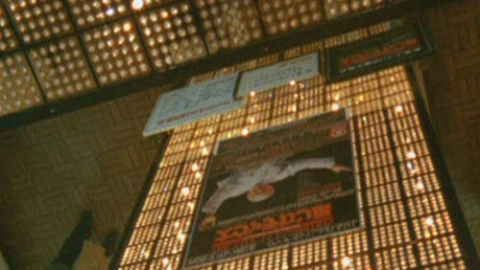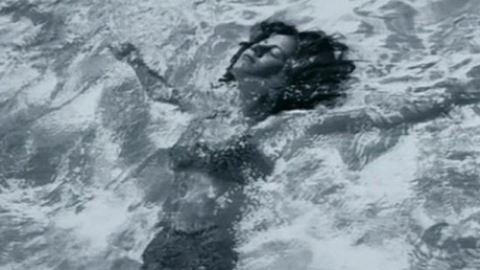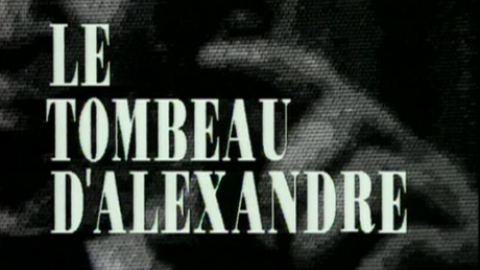By Nicholas Elliott in the November-December 2018 Issue
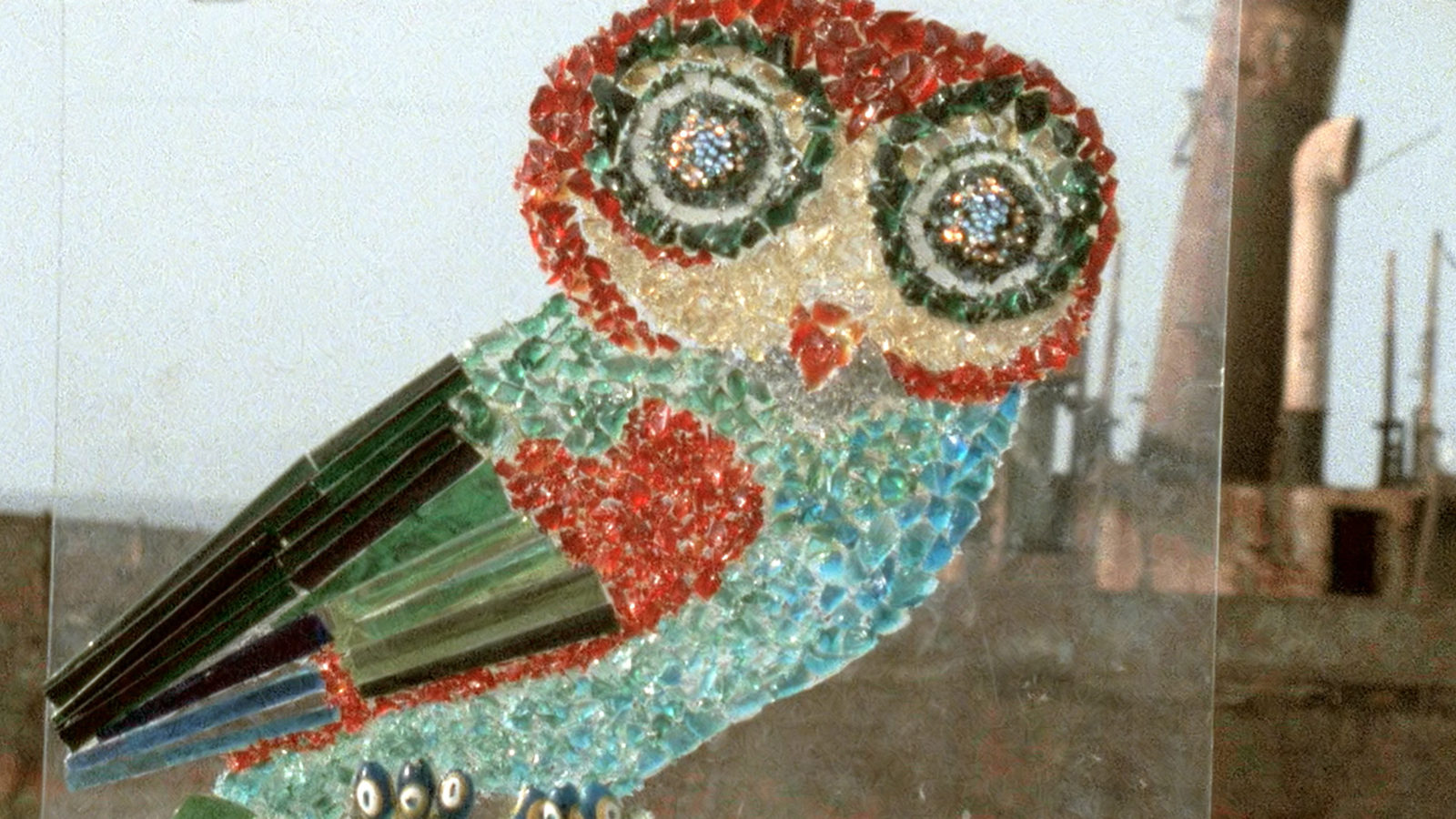
Home Movies: The Owl’s Legacy
(Chris Marker, France/Greece, 1989, Icarus Films)
In 1989, the French public television channel La Sept broadcast all 13 of the 26-minute episodes of The Owl’s Legacy, a documentary series directed by Chris Marker about the impact of Ancient Greece on modern thinking and European identity. Over the previous two years, Marker had traveled the world filming conversations with a variety of scholars, philosophers, and artists (and one cruise-ship operator) and edited them into thematic installments, each loosely guided by a word inherited from the Greek, including such unavoidable terms as “democracy,” “tragedy,” and “philosophy,” as well as more unexpected entries like “amnesia” and “misogyny.”
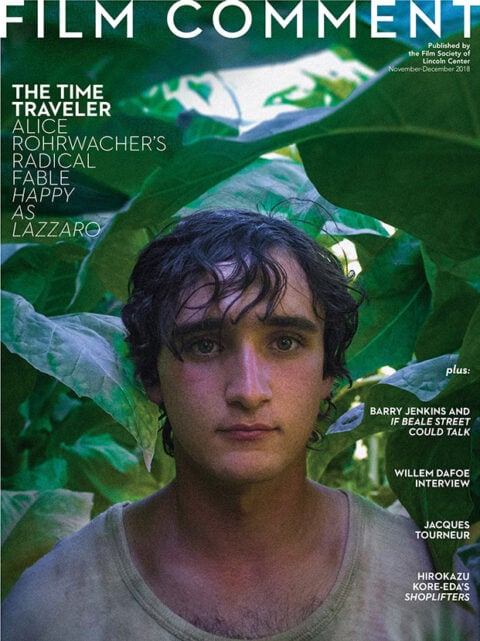
From the November-December 2018 Issue
Also in this issue
Naturally, one thing you can rely on with Marker is the unexpected: over the course of this fascinating and at times overwhelming examination of the Greek legacy, Marker takes us to Cape Verde to listen to local linguist Baltasar Lopes on the concept of “Logos,” films Japanese actors performing Medea, meditates on the neo-Hellenism that inspired Nazism, and inserts numerous cheeky shots of a favorite animal—the owl, symbolic of Athens and wisdom. In the episode titled “Cosmogony” (aka the study of the origin of the universe), Marker darts from a gorgeous series of static shots of Greek statuary to a school play in England, and from reverse footage of aerial bombs apparently flying upward to images of an audience watching a movie and being compared—via Simone Weil—to the cave dwellers in Plato’s Cave. The relationship to cosmogony is tenuous, but the rapidity of associations is jaw-dropping, a testament to the extraordinary omnivorous mind of this defining film essayist. Seen from a contemporary perspective, Marker’s knack for collapsing time and space to work horizontally through vast swaths of information is reminiscent of the endless proximities of the Internet, an impression reinforced by his penchant for filming now-Neanderthal-looking Apple computers.
This is not the only way that The Owl’s Legacy seems to presage the age we now inhabit. Comparing Athenian and contemporary democracy, the philosopher Cornelius Castoriadis concludes that the “representation” most of us settle for is closer to “electoral oligarchy” than the hard work of participatory democracy in Athens, while in the final episode, “Philosophy,” literary critic George Steiner rages at humankind’s environmental recklessness. Steiner also comments that modern Greece bears no relation to the glory of Ancient Greece, much to the displeasure of the Onassis Foundation, which had funded Marker’s film precisely to highlight this lineage. As a result, The Owl’s Legacy was long kept unavailable. One can only rejoice that the Foundation recently relented and allowed this beautiful restoration by the Cinémathèque Française to proceed. The mere fact that this persistently inquisitive experiment was once broadcast on public television suggests that civilization might not be so bad after all.
Closer Look: The Owl’s Legacy will be released on DVD and VOD on November 13. See an exclusive clip above.
Nicholas Elliott is the New York correspondent of Cahiers du Cinéma and a Contributing Editor for Film for BOMB magazine. His translation of Duras/Godard: Dialogues is forthcoming from The Film Desk.



